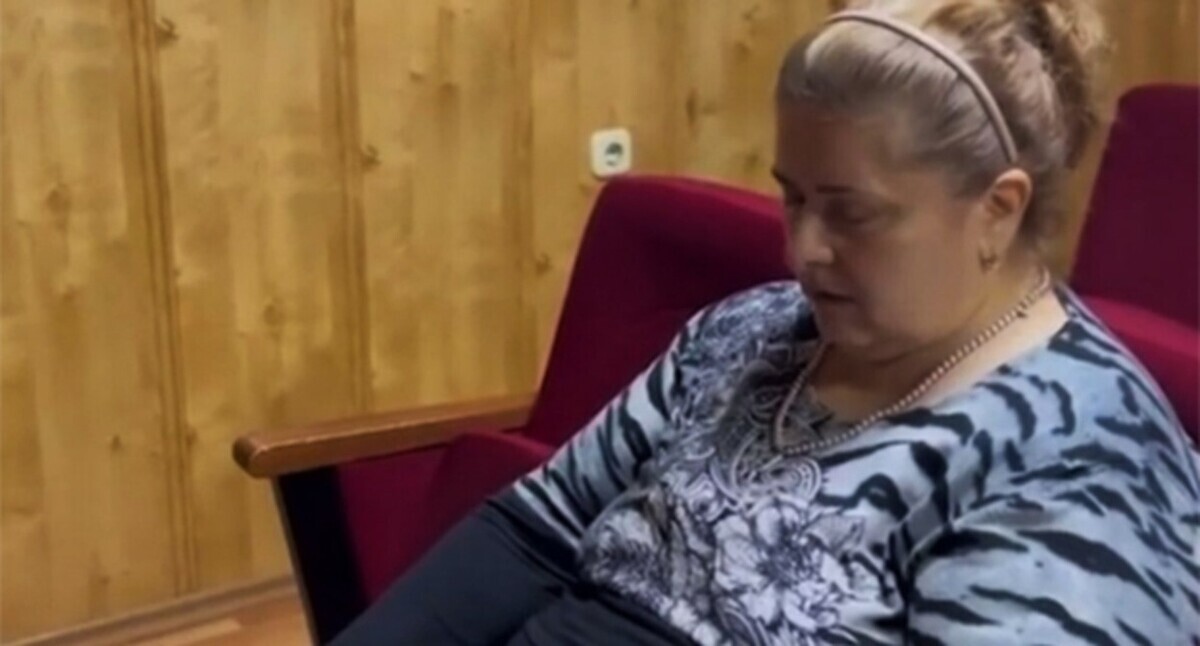Defence reveals details of Musaeva's new case
Zarema Musaeva, convicted in Chechnya, is suspected of attacking a colony-settlement employee, who accompanied her to a day patient hospital for treatment.
A new criminal case has been opened against Musaeva for disrupting the colony operation by an action committed against the employee, Alexander Savin, an advocate for Musaeva, has explained. She faces up to five years of freedom deprivation.
On October 29, Musaeva was questioned by an investigator because of her alleged attack on the FSIN (Russian Federal Penitentiary Service) employee who accompanied her on her trips to the hospital. Musaeva said that she did not know what the matter was, since she had not committed any attack.
As reported in the Telegram channel of the human rights organization "Team against Torture" (TaT)* with reference to investigators, on October 29, Musaeva, while returning from treatment at the dispensary in a car with a colony employee, "hit him with her palm in the neck" and also "torn off the shoulder strap from his uniform."
On October 21, it became known that Musaeva was hospitalized. Her advocate has noted that "he had been seeking Zarema's hospitalization for more than a month."
Let us remind you that on June 27, 2024, the Shali City Court rejected Musaeva's petition for the conditional early relief (CER or parole) for the second time. The court explained that she had not compensated for the damage in the fraud case and was registered at the colony. On November 12, the Supreme Court (SC) of Chechnya returned Musaeva's petition for CER to the above city court for a new consideration.
*The "Team against Torture" (TaT, formerly the "Committee against Torture" – CaT) was created by the lawyers who had earlier worked for the CaT, which was included into the register of the NCOs performing the functions of foreign agents.
This article was originally published on the Russian page of 24/7 Internet agency ‘Caucasian Knot’ on November 13, 2024 at 07:33 am MSK. To access the full text of the article, click here.
Source: Caucasian Knot





![Tumso Abdurakhmanov. Screenshot from video posted by Abu-Saddam Shishani [LIVE] http://www.youtube.com/watch?v=mIR3s7AB0Uw Tumso Abdurakhmanov. Screenshot from video posted by Abu-Saddam Shishani [LIVE] http://www.youtube.com/watch?v=mIR3s7AB0Uw](/system/uploads/article_image/image/0001/18460/main_image_Tumso.jpg)